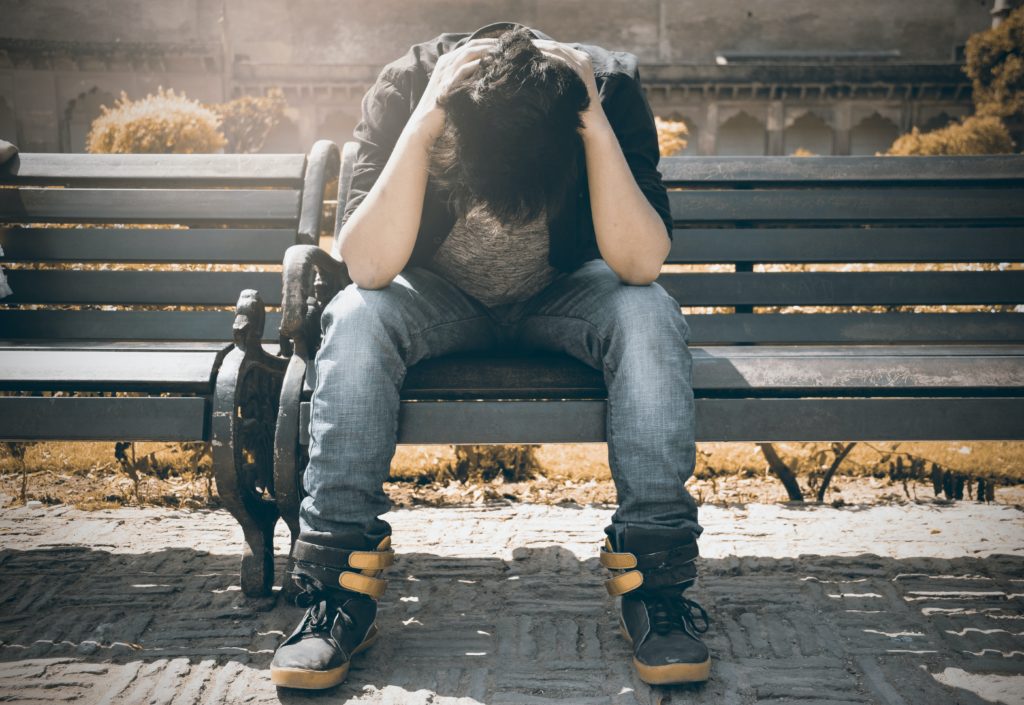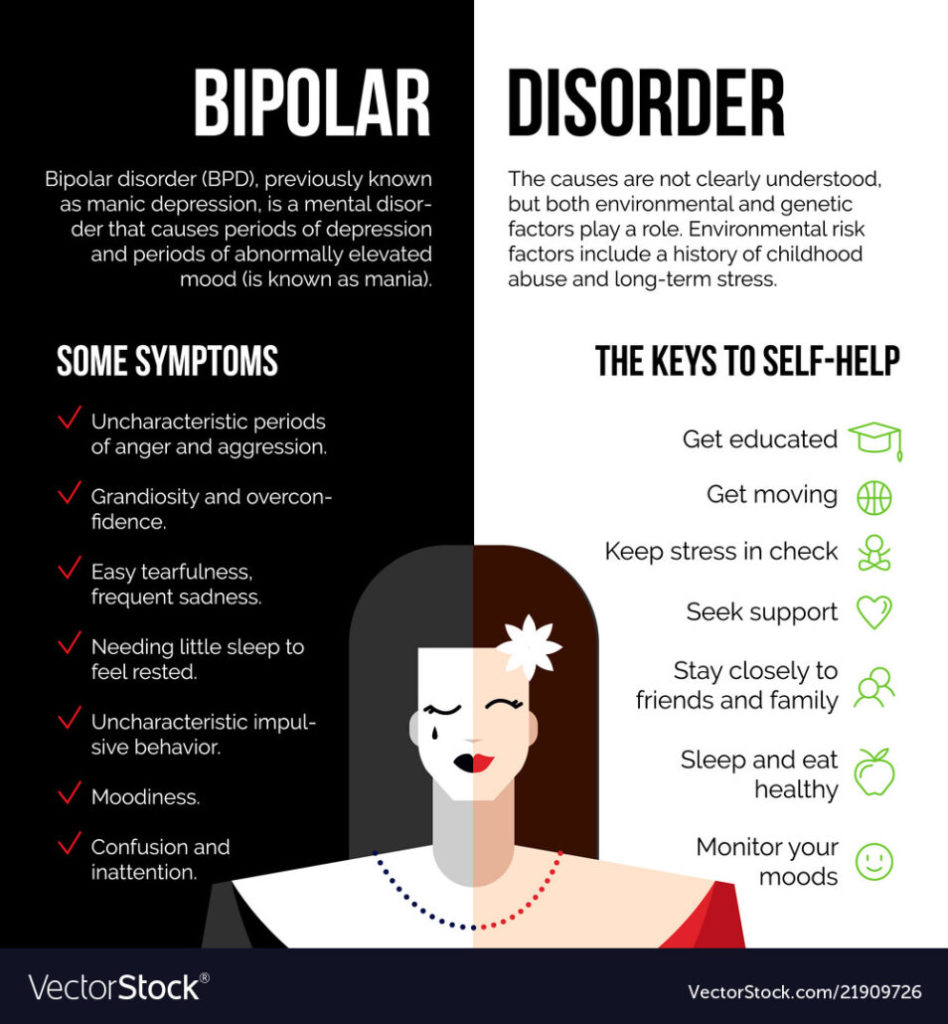
Bipolar and Bipolar Depression
Although bipolar depressive disorder is prevalent throughout the clinical course of bipolar disorder, the present therapeutic options for bipolar disorder are limited; specifically, as mainstream antidepressants are of mixed effectiveness for bipolar disorder and can cause transitions into mania and/or rapid cycles in the long-term.
Conclusions Although appropriate treatments are available according to current guidelines, many patients with bipolar depression (BD-D) experience frequent depressive symptoms and spend substantially more time in depressive vs. manic or hypomanic states.
For this reason, both acute bipolar disorder depression treatments and maintenance treatments in between mood episodes frequently do not adequately meet patient needs.
Only if a person has been diagnosed with bipolar disorder depression will antidepressants without manic medications work.
Bipolar disorder is an extreme mood disorder on its own.
There are many people who suffer from the depressive side of bipolar disorder but not the manic side of bipolar disorder.
Many experts think that antidepressant medication used over time in individuals with BD has a mood-destabilizing effect, increasing the frequency of both manic and depressive episodes.
Taking antidepressants without mood stabilizers is more likely to cause manic episodes and more mood swings.
Bipolar depression is just one side of the bipolar spectrum but the treatment options for bipolar depression are completely different than bipolar mania.
The depression side of bipolar will require completely different medications. Such as the proper antidepressant.
If you lose your grip on reality while experiencing a manic or depressive episode, you might need an antipsychotic medication.
Mood Stabilizers
You usually will need mood-stabilizing medications to manage mania or hypomania.
The drug may keep your manic or depressive episodes in check, and it may keep you from having a relapse after your mood has stabilized.
Medication can help control symptoms, stabilize mood, and promote overall well-being.
Many antidepressants can be used along with mood-stabilizing medications to help with the depression associated with bipolar disorder.
Treatment of Bipolar Disorder is designed to decrease the severity and number of episodes of depression and mania so that normal life is possible.
Proposed guidelines on treatment options are based on three main phases of bipolar disorder, namely, an acute manic/mixed state, an acute major depressive episode, and finally, the continuation/maintenance phase.
Mood stabilizing medications focus on improving social interactions, mood, and behavior, and are recommended both to treat and prevent mood states in Bipolar, which fluctuate from lows of depression to the highest levels of hypomania or mania.
Getting mental health treatment in a hospital can help you stay calm and safe and stabilize your mood, whether you are having an episode of mania or depression.
There are also other treatment options for bipolar depression. Some of these treatment options are designed to go with medications and sometimes not.
what’s the best treatment for bipolar depression?
There is no one-size-fits-all answer to the question of what the best treatment for bipolar depression is. Antidepressants are the go to medications for the depression side of bipolar.
However, there are certain treatments that tend to be more effective than others. Among these are medication, talk therapy, and support groups.
Each person with bipolar depression will respond differently to different treatments, so it is important to work with a mental health professional to find the best course of action for you.
what to do if you have bipolar depression and no meds
If you have bipolar depression and are not taking medication, there are still things you can do to manage your symptoms.
Talk therapy, support groups, and self-care are all important components of treatment. However, it is important to remember that bipolar depression is a serious mental illness, and without medication, it can be very difficult to manage.
If you are not taking medication for bipolar depression, it is important to work closely with a mental health professional to make sure you are getting the help you need.
what to do if you have bipolar depression and a bad mood
If you have bipolar depression and a bad mood, there are still things you can do to try to improve your mood.
Taking a walk, listening to music, or spending time with friends or family can all help. what to do if you have bipolar depression and a bad mood, part.
If you have bipolar depression and are in a bad mood, there are still things you can do to try to improve your mood. Get into talk therapy. It really works.
Most doctors will want you on an antidepressant that works for you.
You may be even prescribed a anxiety pill.
The bottom line is that a person who suffers from just the depressive side of bipolar disorder will require an antidepressant and therapy.


